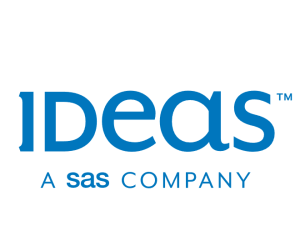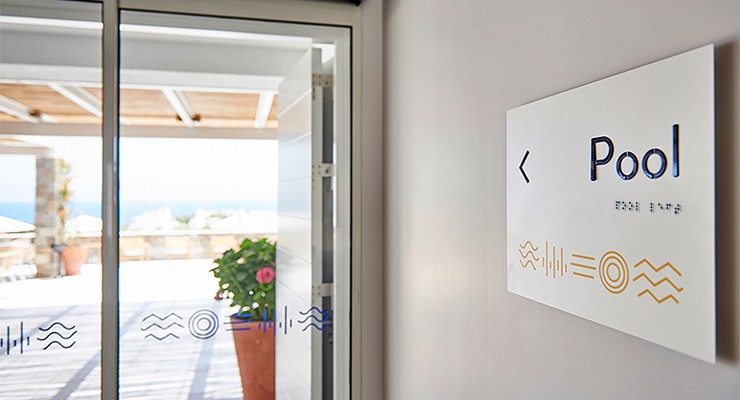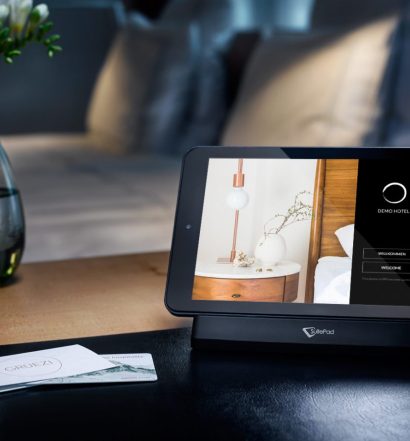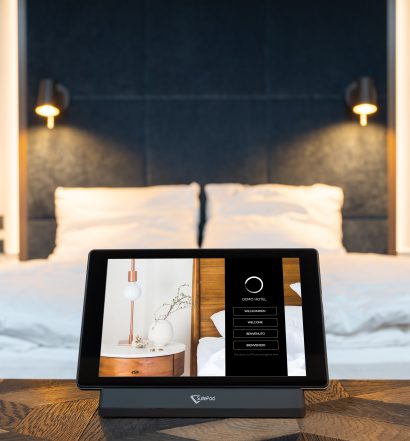A carefully crafted pricing strategy allows hotels to optimize revenue generation by appropriately aligning rates with demand patterns, seasonality, and market dynamics. By accurately assessing their value proposition, market segment preferences, and competitors’ pricing, hotels can strike the right balance between attracting guests and maximizing revenue per available room (RevPAR).
However, hoteliers must not overlook a very crucial factor; the fact that today the advancements in the technology landscape are becoming more and more important in increasing profits. In fact, the role of AI in revenue management is becoming paramount, as it will play a pivotal role in optimizing pricing strategies. These systems utilize sophisticated algorithms to analyze vast amounts of data, helping hotels to create a seamless and convenient experience for guests.
Different pricing strategies for hotels and how they apply in various market conditions

Different pricing approaches are vital for the success of hotels and their ability to maximize revenue. The choice of pricing strategy depends on various factors, including market conditions and the hotel’s objectives. Here, we explore 3 common pricing strategies and their applicability in different market conditions.
- Seasonal Pricing: This strategy involves adjusting prices based on seasonal demand fluctuations. Hotels in tourist destinations often charge higher rates during peak seasons and lower rates during off-peak periods. This approach allows hotels to optimize revenue by capitalizing on high demand while attracting customers during slower periods.
- Dynamic Pricing: Dynamic pricing leverages real-time data and market demand to set flexible prices. Through sophisticated algorithms, hotels can adjust rates based on factors like occupancy levels, competitor pricing, and customer behavior. This strategy is particularly effective in highly competitive markets where demand fluctuates rapidly.
- Value-based Pricing: Value-based pricing focuses on the perceived value of the hotel experience. It involves setting prices based on the hotel’s unique features, amenities, and services. By understanding customer preferences and willingness to pay, hotels can price their offerings to reflect their value proposition accurately.
However, every modern hotelier should take into account the current technology landscape and how it affects their profit. Namely, AI can greatly help hotels with their revenue management, as it provides valuable insights. By analyzing pricing patterns and markets, AI technology enables hotels to make data-driven pricing decisions in real time, leading to optimized revenue. Additionally, AI can automate the pricing process, freeing up staff to focus on other essential tasks.
What is more, technology also facilitates personalized pricing, allowing hotels to offer tailored rates to individual customers based on their preferences, loyalty, and past booking behavior. This level of customization enhances customer satisfaction and loyalty, which leads to higher profitability.
*Sponsored

IDeaS: Unrivaled revenue management solutions for your business
IDeaS, a SAS company, is the world’s leading provider of revenue management software and services. With more than 30+ years of expertise, IDeaS delivers revenue science to more than 30,000 properties in 154 countries. Combining industry knowledge with innovative data-analytics technology, IDeaS creates sophisticated yet simple ways to empower revenue leaders with precise, automated decisions they can trust. Results delivered. Revenue transformed. Discover greater profitability at ideas.com.
Learn More
Read More



































